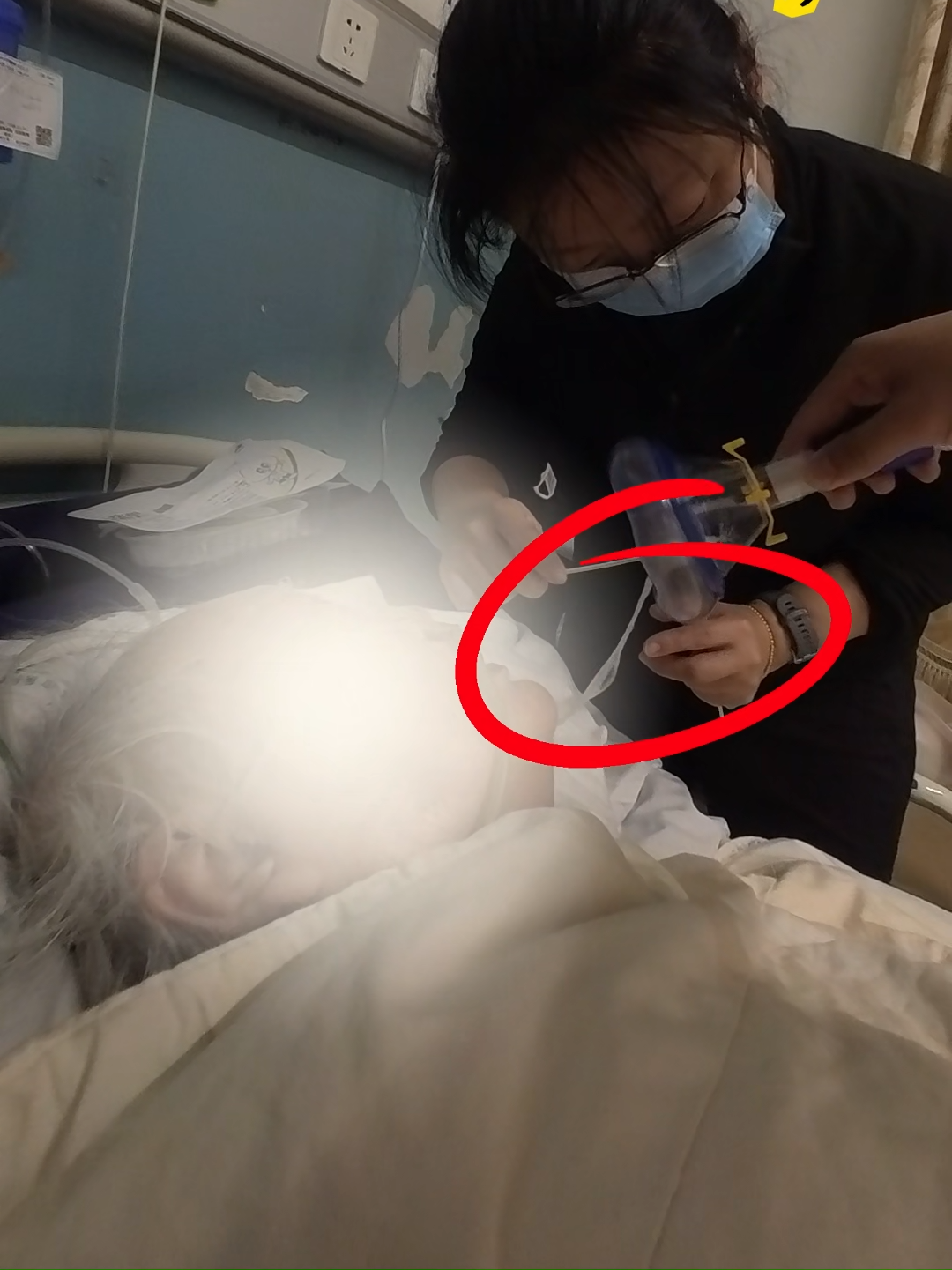Introducción del Sistema de Liberación de las Vías Respiratorias: Dispositivo de Asistencia a la Tos No Invasivo de QIJIA

En el ámbito de las innovaciones médicas dirigidas a mejorar la calidad de vida de los pacientes que enfrentan desafíos respiratorios, QIJIA destaca con su avanzado Sistema de Liberación de las Vías Respiratorias, un dispositivo no invasivo de ayuda a la tos que ha revolucionado el manejo de las secreciones respiratorias. Esta tecnología innovadora ha demostrado ser particularmente beneficiosa para personas con movilidad limitada o función respiratoria comprometida, como en el caso de un paciente que lucha contra el cáncer de garganta con metástasis ósea.
Este paciente, confinado a la cama debido a la parálisis de la parte inferior del cuerpo, se enfrentó a un desafío desalentador: a pesar de estar consciente, la expectoración efectiva era casi imposible. Antes de usar el dispositivo de ayuda a la tos QIJIA, sus niveles de saturación de oxígeno en la sangre fluctuaron drásticamente, y su conciencia general comenzó a disminuir. La acumulación de secreciones en sus vías respiratorias no solo comprometió su respiración, sino que también redujo significativamente su calidad de vida, marcada por sonidos respiratorios frecuentes y angustiantes.
Sin embargo, el punto de inflexión llegó después de solo cuatro sesiones de tratamiento con la máquina de ayuda a la tos QIJIA. Con ajustes cuidadosamente calibrados (+2, -2,5), el dispositivo suavemente pero eficazmente facilitó la expulsión de una cantidad significativa de moco groso y amarillo de sus pulmones. Este notable resultado fue acompañado de una mejora en sus niveles de saturación de oxígeno en la sangre, aumentando del 90% al 93%. La reducción de la acumulación de moco llevó a una disminución notable en su dificultad respiratoria, marcada por una respiración más tranquila y una sensación restaurada de confort y tranquilidad que no había experimentado en bastante tiempo.
El dispositivo de asistencia a la tos no invasiva Qijia utiliza un control preciso de la presión y un ciclo periódico de carga y descarga de las vías respiratorias para simular el mecanismo natural de la tos. Este método no solo ayuda a eliminar las secreciones, sino que también ayuda a prevenir infecciones respiratorias y otras complicaciones relacionadas con el moco residual. Está diseñado para garantizar que los pacientes, independientemente de su capacidad de movimiento, puedan realizar una eliminación más segura y efectiva de las vías respiratorias sin necesidad de cirugía invasiva.
Para el paciente con cáncer de garganta discutido, el dispositivo representó un paso adelante significativo en su viaje de atención. Le permitió recuperar un poco de control sobre su salud respiratoria, reduciendo su dependencia de otras intervenciones médicas y mejorando su bienestar general. El éxito de su tratamiento subraya la versatilidad y eficacia del sistema de limpieza de las vías respiratorias de QIJIA para atender las diversas necesidades de los pacientes con enfermedades respiratorias.
En conclusión, el dispositivo de ayuda a la tos no invasivo QIJIA es un testimonio del poder de las soluciones innovadoras de atención médica para transformar la vida de las personas con problemas respiratorios. Su capacidad para limpiar de forma segura y efectiva las vías respiratorias, como se ha demostrado en el caso del paciente con cáncer de garganta, subraya su potencial como herramienta vital en el arsenal de atención respiratoria. A medida que QIJIA continúa avanzando en su tecnología, sigue comprometida a mejorar los resultados de los pacientes y fomentar un mayor sentido de independencia y bienestar para aquellos que dependen de ella.





